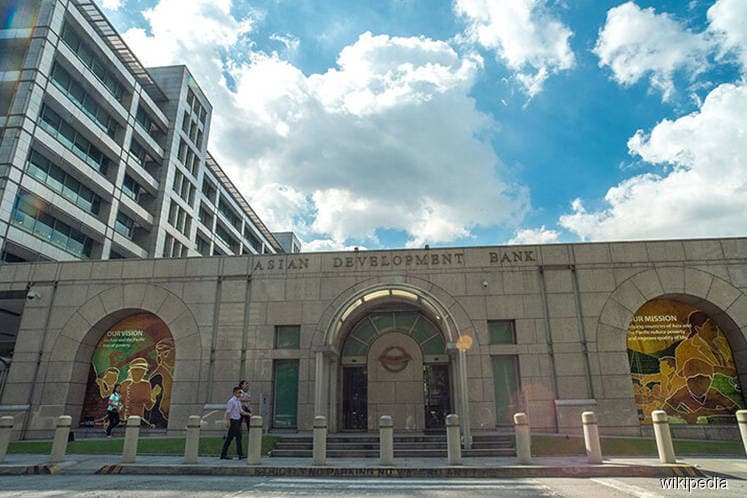
KUALA LUMPUR (Nov 15): Member states of the Association of Southeast Asian Nations (ASEAN) need to improve their collaboration to deal with the profound challenges of the Fourth Industrial Revolution, according to a joint report launched yesterday by the Asian Development Bank (ADB) and the World Economic Forum (WEF).
In a statement on its website yesterday, the ADB said that the report, ASEAN 4.0: What Does the Fourth Industrial Revolution Mean for Regional Economic Integration?, analyses how emerging technologies will reshape Southeast Asia, and identifies actions for ASEAN leaders to prepare for the deep transformations that lie ahead.
It said the report acknowledges the many existing national strategies for the Fourth Industrial Revolution, such as Thailand 4.0 or Singapore’s Smart Nation initiative.
“But it argues that ASEAN must think at the regional level, not the national level,” said ADB.
ADB Vice-President Stephen Groff said the technologies of the Fourth Industrial Revolution appear to be contributing to rising inequality around the world.
“But this need not be the case.
“With prudent fiscal management and appropriate policy, opportunities for lifelong learning and incentives for skills training can be created. And this is especially true for ASEAN. ADB considers the potential impact of Fourth Industrial Revolution technologies on jobs in ASEAN a critical area for exploration to support inclusive growth in years ahead.”
WEF member of the executive committee and head of Asia Pacific Justin Wood said the Fourth Industrial Revolution is unfolding at tremendous speed.
“Indeed, the pace of change is accelerating. All over the world, governments are struggling to keep up.
“The traditional ways of shaping policy, writing regulations and setting standards are too slow, too top-down and too backward-looking. What is needed is an approach that is much faster, more agile, more experimental, and more iterative.”
Meanwhile, CIMB Group Holdings Bhd chairman Datuk Seri Nazri Razak, who is also chair of ASEAN Regional Strategy Group (RSG) said while there is a lot to celebrate on the 50th anniversary of ASEAN, members must not rest on past achievements.
“This revolution will transform everything, from economic structures to social systems. Many aspects of our lives will improve.
“But there will also be many worrying challenges, such as how automation and artificial intelligence are replacing jobs. We have to understand these issues and have appropriate policies to address them,” he said.
The report was commissioned by the World Economic Forum’s ASEAN–RSG made up of 26 ASEAN chief executive officers, government ministers and academics – and written by ADB and the World Economic Forum.
The RSG presented the study to the 10 ASEAN heads of state during the 31st ASEAN Summit in Manila.